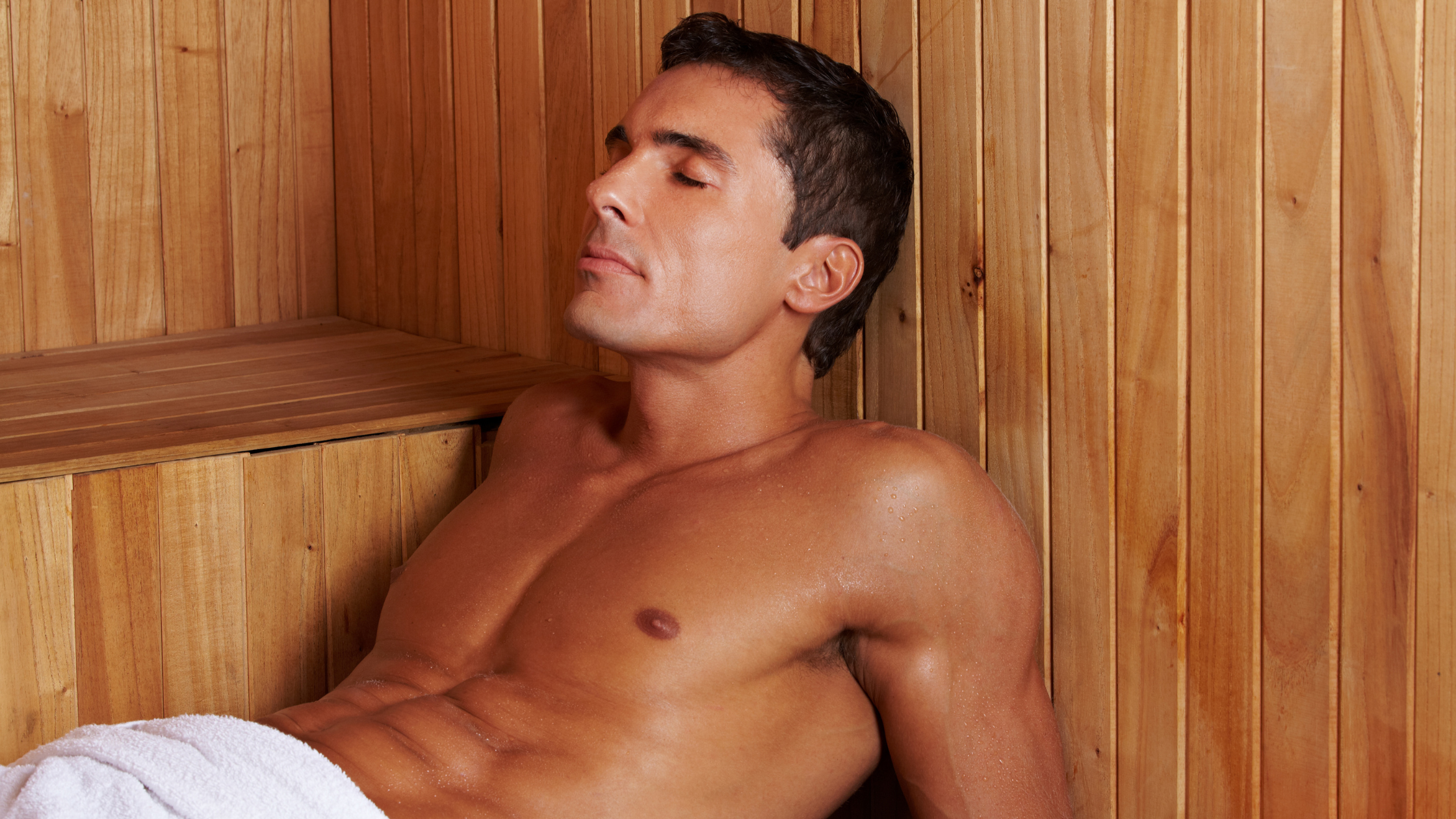When we think about saunas, the image of a blissful, sweat-drenched experience often comes to mind. Sweating in a sauna is not just a sign of relaxation; it's a natural bodily process with significant health implications. Understanding why some individuals might not sweat in a sauna is crucial for ensuring a beneficial and safe experience. This article delves into the reasons behind this phenomenon and its potential health implications, offering practical advice for sauna enthusiasts.
What Does It Mean If You Don't Sweat in a Sauna

Sweating is our body's natural cooling system, activated during heat exposure like in a sauna. But what if you're not sweating? This can be due to several reasons, including dehydration, certain medications, or skin conditions that block sweat glands. Some individuals might have a lower sweat rate or an impaired sweating mechanism, possibly linked to health issues like hypohidrosis. Understanding these reasons is the first step in addressing any underlying health concerns and optimizing your sauna experience.
Health Implications of Not Sweating in a Sauna

Not sweating in a sauna may seem trivial, but it can have significant health implications. For one, it could indicate dehydration – a state where your body lacks enough fluids to function properly. Saunas intensify this by increasing the body's temperature. Furthermore, not sweating might signal heat intolerance, a condition where the body struggles to regulate its temperature, potentially leading to heat exhaustion or heat stroke. Ensuring proper hydration and monitoring your body's reaction to heat is paramount for a safe sauna session.
Tips for Safe Sauna Use
To maximize the benefits and minimize risks, follow these sauna safety tips:
-
Stay Hydrated:
Drink plenty of water before and after your sauna session. -
Recognize Warning Signs:
If you feel dizzy, nauseous, or excessively fatigued, exit the sauna immediately. -
Gradual Exposure:
Start with shorter sessions and gradually increase as your body acclimatizes. -
Cool Down:
After exiting, allow your body to cool down naturally before taking a cold shower.
When to Consult a Healthcare Professional
If you consistently find yourself not sweating in a sauna or experiencing adverse reactions, it's time to consult a healthcare professional. This is particularly important if you have pre-existing health conditions, are on medication that affects sweating, or have symptoms like dizziness or extreme fatigue during sauna use. A professional can provide tailored advice and ensure that your sauna sessions are both enjoyable and safe.
Conclusion
Understanding the reasons behind not sweating in a sauna and its health implications is crucial for a safe and beneficial experience. Remember to stay hydrated, listen to your body, and seek professional advice when necessary. Embrace the warmth of the sauna while respecting your body's signals for a truly holistic wellness journey.


Share:
How to Turn On Your Amerec Sauna
Does Sauna Help With Flu